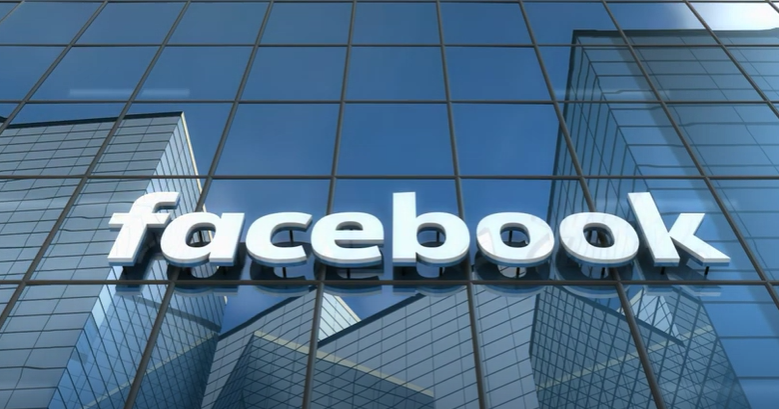
Facebook CEO and billionaire Mark Zuckerberg said in a conference on Mar. 8 that people could use advanced smart glasses by 2030 to "teleport" to different locations, such as other people's homes, and talk to them if they are physically present.
Zuckerberg stated that the smart glasses will allow in-person meetings to be replaced by a headset-based digital experience.
Facebook's smart glasses
One advantage of the smart glasses teleportation feature is that it could help reduce travel, which could help ameliorate climate change.
According to Zuckerberg's interview with The Information, there will still be cars, planes, and other transportation modes. Still, the more people can teleport around, the more it can eliminate commutes that are a drag for us individually, and it is better for society and the planet.
According to CNBC, other massive technology firms like Microsoft, Apple, and Google are working on augmented reality technology, which overlays computer-generated effects and graphics on images.
They are all currently competing to create the next major computer interface after touchscreen and smartphones.
Zuckerberg's comments about smart glasses are notable because it is a cohesive vision of what augmented reality technology can do. The comments came from someone who is considered the leader of the industry.
The Facebook CEO identifies software that could help people purchase and wear advanced computers on their faces, resulting in virtual in-person communication. Zuckerberg sees a pair of computer-powered glasses that are normal looking in the future, but they can display content together with the real world through transparent displays.
He also said that there would be tons of benefits that come from the smart glasses. For example, instead of calling someone or having to video chat with them, users of smart glasses can snap their fingers and teleport. You can be in the same room as the person you are talking to.
Smart glasses may help to combat climate change
Zuckerberg added that one advantage of AR-powered teleportation is that it could help reduce travel time. AR could allow workers to live where they want and just teleport to work, and it can save the user money and minimize car emissions.
The Facebook CEO said that his team talked about climate change, and they believe people will want to travel less in the future for business, and if they do need to travel, they would want to do it more efficiently.
According to The Verge, Zuckerberg's interview came after Facebook announced its plans to release a pair of smart glasses in partnership with Ray-Ban this year, but he said that they would not be full AR.
This means that they won't display advanced virtual objects. Facebook plans to release more advanced AR glasses in the future once they have the right technology.
Aside from AR glasses, Facebook also develops virtual reality headsets through Oculus. Facebook purchased Oculus back in 2014 for $2 billion. The Oculus 2 was released in Oct. 2020 for $300, according to CNET.
Zuckerberg said he believes tech companies, especially software makers, will begin making software in virtual reality before they slowly shift to augmented reality.
Related Article: Facebook AR Glasses No More? New 'Smart Glasses' Will Arrive in 2021 But Without the Digital Overlay Tech
This article is owned by Tech Times
Written by Sieeka Khan
ⓒ 2025 TECHTIMES.com All rights reserved. Do not reproduce without permission.




